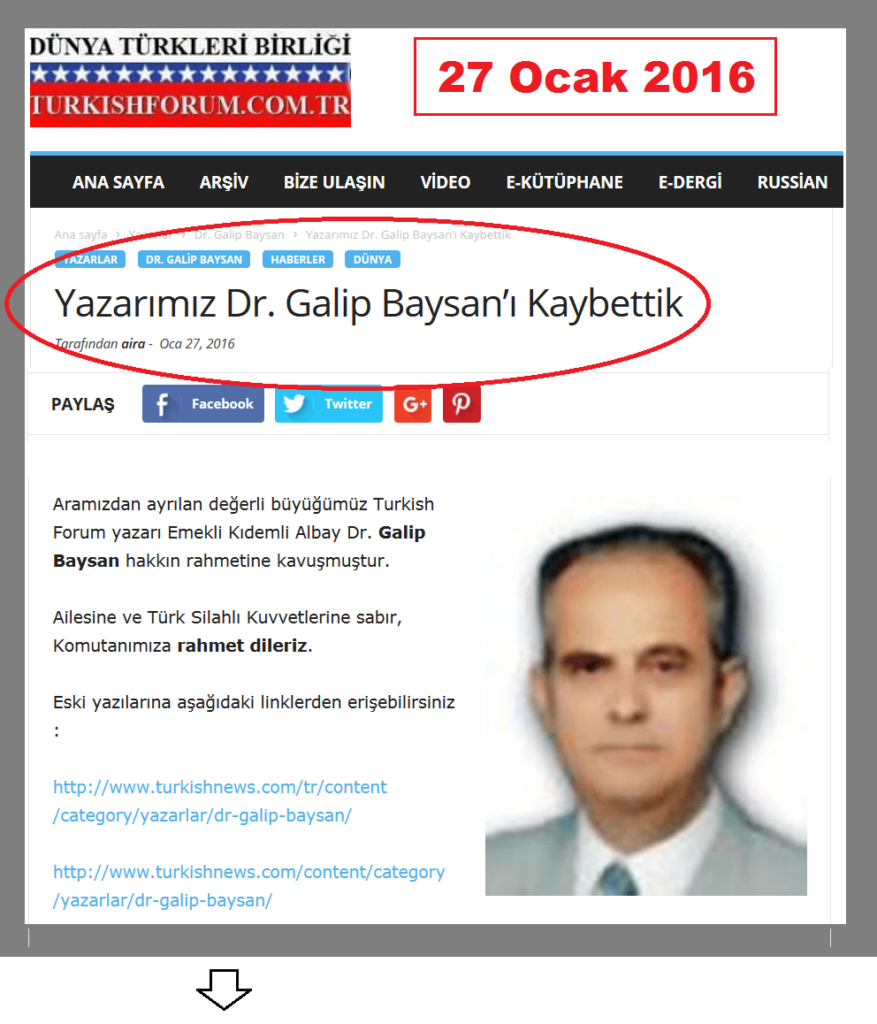In order to fully understand Turkey’s position concerning the Korean War,it would be beneficial to take a brief look at the prevailing situations in and around Turkey prior the war. During the course of World War-II, Turkey was faced with the threat of invasion by Germany, her historical ally, whose Armies advanced all the way to the Turkish borders in Thrace and who requested her to change her neutral position. In the later years of the war, she was this time pressured by the Allies to enter the war against Germany. President Ismet Inonu and his colleagues succeeded in maintaining strict neutrality by continued maximum resistance to pressures from both sides. As much as the political situation permitted and thus kept Turkey out of the war.
The Turkish administration was keeping a close watch on Soviet activities during the war. The Soviet desire to gain territory, their disregard for accepted rules and violations, the fact that they did not move out of any country they occupied before setting up puppet regimes loyal to them, were clearly witnessed and were all being taken into account.
Soviet Russia’s historical claims over the “Turkish Straits” had not changed. They wanted new and expanded rights over Straits and formally claimed land from Eastern Turkey, confirming Turkey’s concern and without hesitation by the government of Turkey even if this would have meant risking a new war. On the other hand; the victorious western nations wanted to give the whole islands which were granted to Italy at the end of World War-I, were under Italian occupation and most of which were only a few miles from the Turkish coast, totally to Greece and were putting political pressure on Turkey in order to achieve their goal. Thus, Turkey found herself completely isolated politically and militarily against one of the most powerful victors of the war. In order to continue her existence, Turkey had to find new and strong allies in the west. The new World Power, which predominated world politics, was the U.S. This country seemed to believe that the expansionist policy of the Communists had to be stopped and she appeared ready to help Turkey. Friendly relations were initiated with this Super Power.
In 1949, The North Atlantic Alliance was formed and Turkey had not been included in it. This Alliance was to provide the greatest political, economic and cultural solidarity against the USSR and her expansionist policy. Turkey had to enter this alliance for the benefit of her national interests. She could only then find herself the place she desired and needed to have in the Western World within a new, strong defense chain.
Turkey had entered into an era of multi party democracy. “Democratic Party” which came into power through elections held on 14th May 1950 was willing to have close cooperation with her Western Allies and to undertake major social, political, cultural, military and economic reforms in the country.
Turkey was aware that she could be subject to the same treatment the Soviets had given to her satellites. The enemy in Korea was a common enemy and this initial attempt had to be stopped, and the enemy should not be given a chance to initiate a new assault against Turkey or any other country. The most important fact for whole world that, Turkey was just over the expansionist route of Communists toward Middle East and North Africa and domination for these areas Soviets must have control over Turkey.
For all these reasons we have listed, Turkey replied on 29 June 1950 to the U.N. cable dated 27th June pleading for aid to Korea, following the attack initiated by North Korea on 25th June. The cable stated: “Turkey is ready to meet her responsibilities.” The Government of the Republic of Turkey decided on 25th July 1950, to prepare in Ankara, a brigade of 5000 troops comprising 3 infantry battalions, 1 artillery battalion and auxiliary units, to fight under U.N. Command in Korea against the aggressor. With this decision Turkey wanted to demonstrate that she sincerely believed and had faith in the U.N. convictions concerning the establishment and continuation of peace in the world.
Dr. M. Galip Baysan
